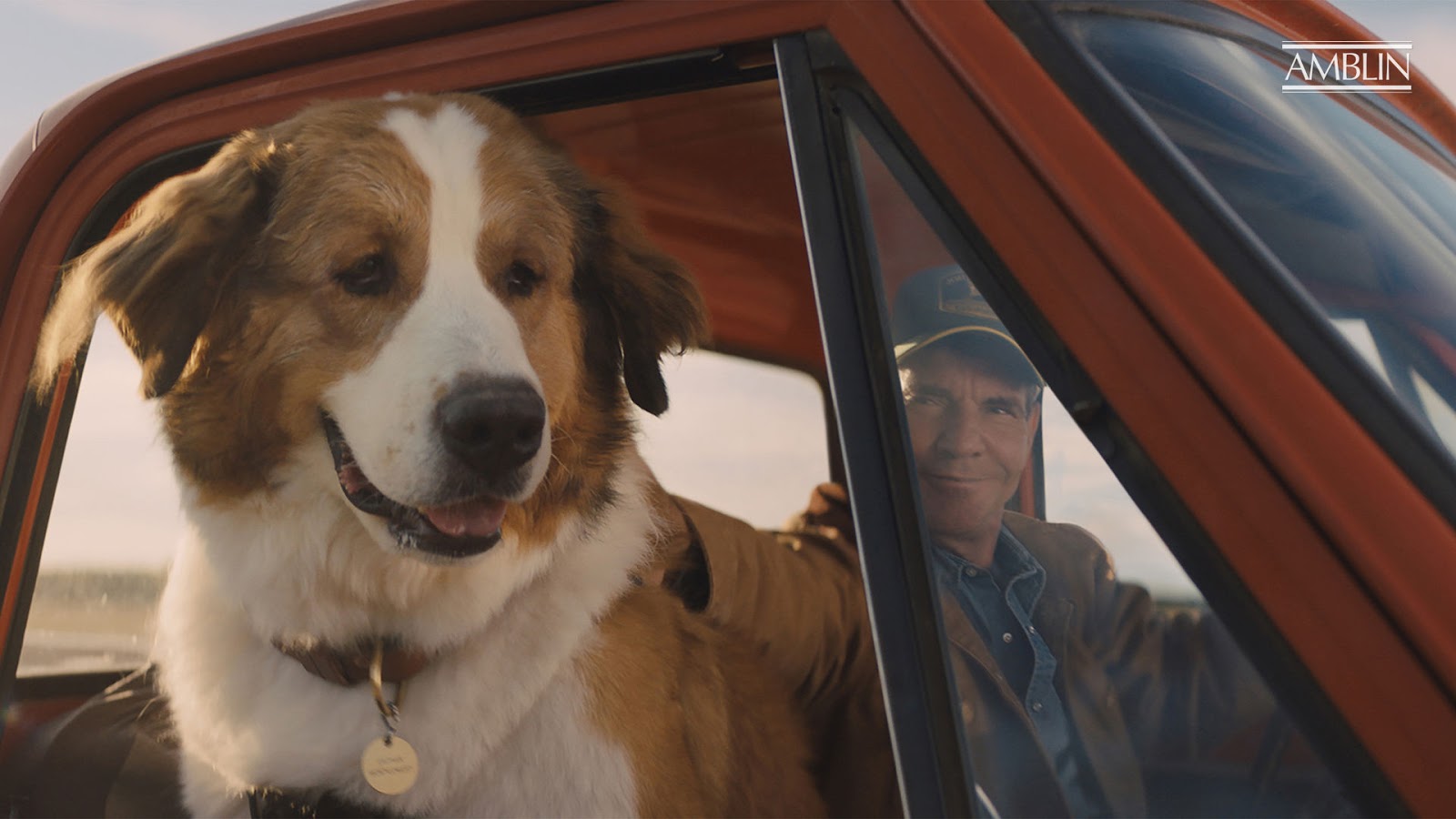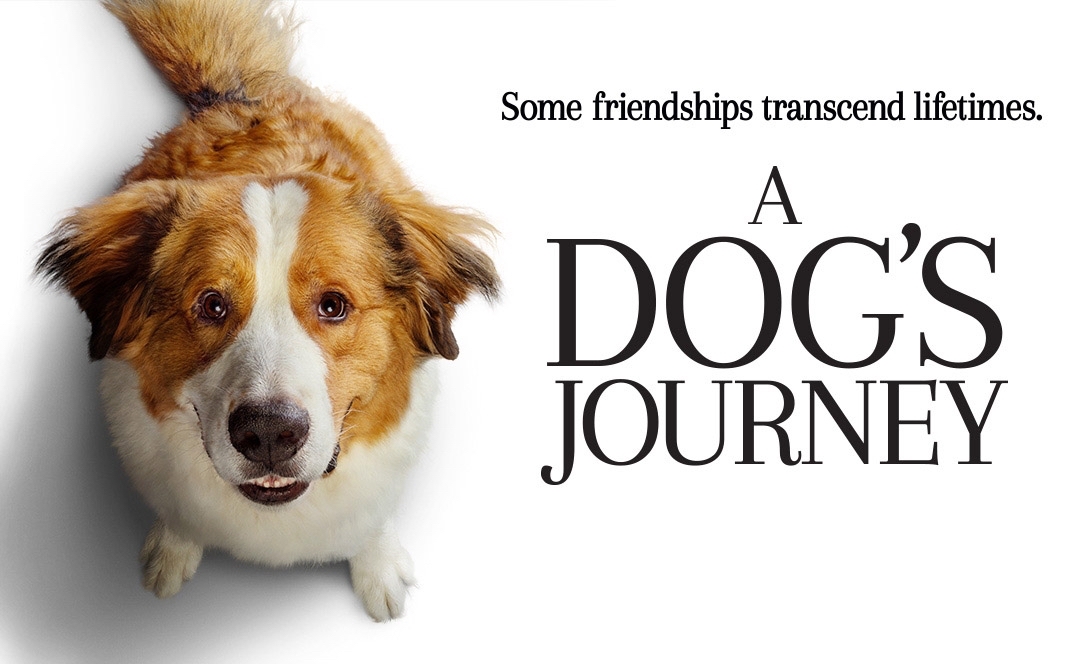Last Saturday I went to see an evening screening of A Dog’s Journey. The cinematic sequel to A Dog’s Purpose, the film is unapologetically sappy and supernatural, with—to irreligious minds—an implausible premise of a dog returning in multiple canine bodies to try and find the same family. Having made a promise to its owner, Ethan, to watch over his granddaughter CJ, Bailey (who possesses the trans-lifetime name of “Boss Dog”) returns, in different bodies and in the care of different owners, with the consistent objective of protecting CJ.
I loved the story, but to enjoy it you need to let it lead you along, to be willing to embrace the quirky and unsubtle bits of the plot. The human characters are two-dimensional in an endearing way, and Bailey or Boss Dog’s personality is even more simple. He is a dog, after all, that is focused on effectively a single person and her wellbeing as she struggles, cries, succeeds, and falls in love. Yet his way of thinking really struck me as bodhisattva-like, with its singular commitment to return to help and assist someone in life after life. If he had the freedom to choose which body he was born into, and expanded his circle of concern to all beings big and small, I wouldn’t be able to tell the difference between Boss Dog and Avalokiteshvara.

The idea that Boss Dog continues to come back in the same form of a canine (albeit changing genders and breeds each time, with mixed outcomes) is also quite ambiguous to a Buddhist viewer: does Bailey, in the true bodhisattva spirit, choose the dog’s body because a dog is man’s best friend and (as I’m sure many dog owners would affirm) ideally placed to love a human being? Or is it because Boss Dog’s karma is such that he has no room to maneuver in his rebirths? I like to think, of course, that it’s the former. Were I some prime celestial that had passed through the Ten Stages of bodhisattvahood and could freely choose my rebirth, I think being repeatedly reborn as a human being would be the best chance to benefit others.
The entire premise of A Dog’s Journey is based on the human projection of a dog as the trustworthy and loyal of all creatures. A sober mind is reminded that the human-canine bond was not karmically ordained, but a result of a long domestication that began 12,500 years ago somewhere in Central Asia or China. In this sense, the love of a dog, evolution-wise, is something that was intentionally created and honed. It needed to be cultivated, or it would never have arisen. In a way, this mutual care and cooperation that has defined part of the human (and canine) condition since the dawn of civilization is even analogous to our need to be proactive and boldly seize the opportunities to practice—to make ourselves bodhisattvas, and, over many eons, come back to who needs our love, again and again.

